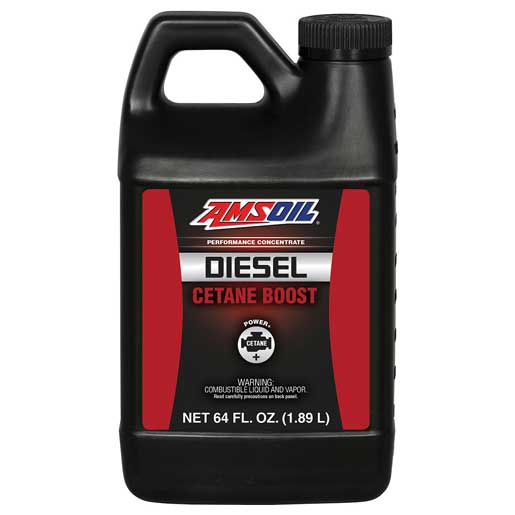API LICENSING
An API (American Petroleum Institute) license signifies that a particular motor oil formulation has successfully met the prescribed minimum performance criteria established through a range of laboratory bench, physical, chemical, and engine tests. The API Lubricants Committee defines these tests and performance standards to assess key areas like engine wear, deposits, fuel economy, and emissions. The committee is composed of representatives from automobile manufacturers, oil producers, and additive companies.
Additive companies create licensed formulas, which they make available for re-licensing by oil companies. Re-licensing one of these formulas is cost-effective, leading the majority of oil companies to opt for this approach to circumvent the expenses associated with testing their own formulations. This widespread re-licensing practice diminishes the value of engine oils, as identical chemistry is marketed under various brand names. Notably, AMSOIL INC. distinguishes itself with unique and proprietary lubricant formulas.
Initially designed for mineral-based oils, API licensing grants more adaptability to these oils compared to synthetic ones. Conventional oils, derived from petroleum base stocks, employ a straightforward approach known as base stock interchange to enhance flexibility in manufacturing and procurement. This interchange system permits oil companies to acquire petroleum base stocks from various suppliers by completing necessary paperwork and conducting minor tests. This practice ensures a reliable supply and fosters competitive pricing.
In contrast, synthetic base stocks are supplier-specific, disallowing base stock interchange. For instance, if a formula undergoes testing with a specific supplier's ester base stock, only that supplier's ester can be utilized. Due to the substantial costs associated with conducting complete engine testing for the same ester from a different supplier, such flexibility is typically avoided. This lack of flexibility complicates negotiations with synthetic base stock suppliers, introducing heightened business risks as production could be halted by disruptions from a single source.
Viscosity grade read-across, applicable to both petroleum and synthetic base stocks, offers a silver lining. Despite the challenges in achieving similar cold-temperature performance in synthetics, these guidelines ensure that if a manufacturer correctly formulates a lubricant, having conducted all required API tests, the manufacturer can apply the same basic formula to produce multiple grades (e.g., 5W-20, 5W-30, 10W-30) of the same motor oil.
Lastly, the Chemical Manufacturers Association (CMA) code of practice incorporates a rule allowing a degree of flexibility for all formulas through substitutions. This rule permits companies to make limited changes to certain components in the formula with reduced testing and paperwork requirements, as long as the additives maintain the same or higher concentration.
Licensing all AMSOIL motor oils through the API poses challenges as it would restrict the company's ability to procure raw materials from multiple suppliers, leading to increased risks of supply disruptions and potential spikes in prices. To address this issue, the API needs to establish interchange guidelines for synthetic base stocks, similar to those for other base stocks, and develop guidelines for other components. Moreover, obtaining licenses constrains the company's flexibility to swiftly embrace new technologies, as any deviation from the initially licensed formula necessitates re-submission for comprehensive engine testing (refer to the Ask AMSOIL entry above for more details).
Initially, AMSOIL INC. collaborates closely with major additive companies to choose premium-grade, often more costly, additives for passenger car and heavy-duty diesel motor oils. These additives have already met API licensing requirements in either petroleum- or synthetic-based formulations. AMSOIL then works with additive partners to optimize the additive content, enhancing specific performance aspects for the intended application. This approach differs from many other oil companies that, aiming to cut costs, utilize the minimum amount of inexpensive additives to meet basic API requirements.
Furthermore, AMSOIL incorporates synthetic base stocks with established performance characteristics to replace petroleum base stocks. This substitution optimizes performance across various areas such as lubricity, volatility, viscosity index, oxidation and nitration resistance, pour point, flash point, deposit control, soot handling, emissions, and more. AMSOIL also employs a high-quality V.I. improver with exceptional viscosity and cleanliness properties, replacing the low-quality V.I. improver found in standard API-licensed petroleum formulas. Validation of the synthetic formula's superiority involves laboratory bench tests and field tests. AMSOIL continually monitors oil performance through extensive scrutiny of tens of thousands of oil analysis tests annually, conducted on a diverse range of vehicles across North America and globally.
Since 1982, AMSOIL INC. has amassed a comprehensive database by collecting used synthetic oil samples from passenger cars, providing a unique insight into the performance of synthetic lubricants over extended drain intervals. The engineered excellence of AMSOIL products and formulations enables them to outperform API-licensed oils right from the outset.










